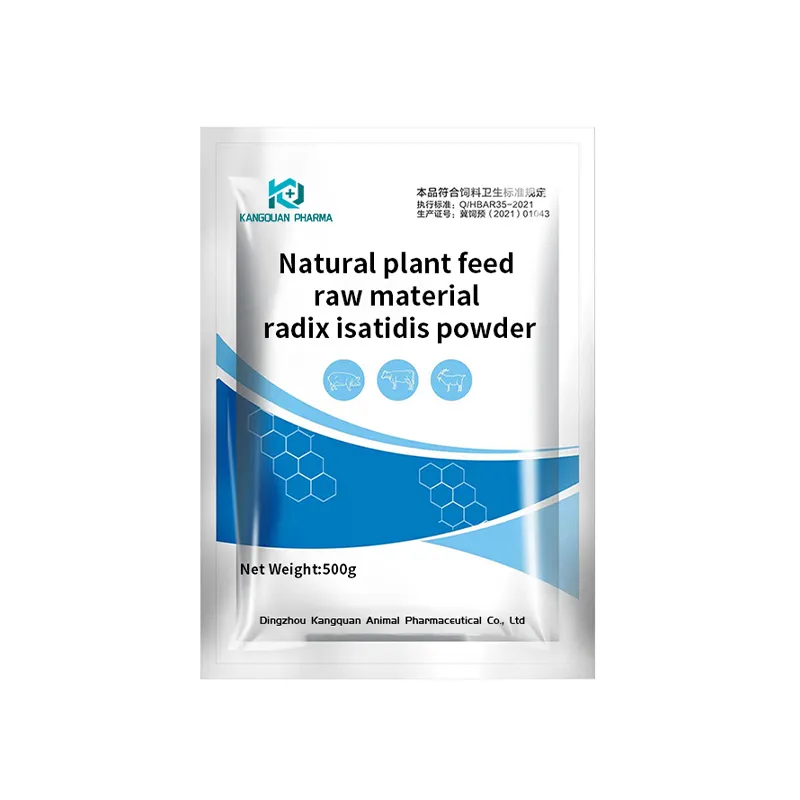- Afrikaans
- Albanian
- Amharic
- Arabic
- Armenian
- Azerbaijani
- Basque
- Belarusian
- Bengali
- Bosnian
- Bulgarian
- Catalan
- Cebuano
- Corsican
- Croatian
- Czech
- Danish
- Dutch
- English
- Esperanto
- Estonian
- Finnish
- French
- Frisian
- Galician
- Georgian
- German
- Greek
- Gujarati
- Haitian Creole
- hausa
- hawaiian
- Hebrew
- Hindi
- Miao
- Hungarian
- Icelandic
- igbo
- Indonesian
- irish
- Italian
- Japanese
- Javanese
- Kannada
- kazakh
- Khmer
- Rwandese
- Korean
- Kurdish
- Kyrgyz
- Lao
- Latin
- Latvian
- Lithuanian
- Luxembourgish
- Macedonian
- Malgashi
- Malay
- Malayalam
- Maltese
- Maori
- Marathi
- Mongolian
- Myanmar
- Nepali
- Norwegian
- Norwegian
- Occitan
- Pashto
- Persian
- Polish
- Portuguese
- Punjabi
- Romanian
- Russian
- Samoan
- Scottish Gaelic
- Serbian
- Sesotho
- Shona
- Sindhi
- Sinhala
- Slovak
- Slovenian
- Somali
- Spanish
- Sundanese
- Swahili
- Swedish
- Tagalog
- Tajik
- Tamil
- Tatar
- Telugu
- Thai
- Turkish
- Turkmen
- Ukrainian
- Urdu
- Uighur
- Uzbek
- Vietnamese
- Welsh
- Bantu
- Yiddish
- Yoruba
- Zulu
10 月 . 12, 2024 01:57 Back to list
A Comprehensive Overview of Albendazole and Its Uses in Treating Parasitic Infections
The Role of Albendazole in Parasitic Infections
Albendazole is a broad-spectrum anthelmintic (anti-parasitic) medication that is instrumental in the treatment of various parasitic infections. It was first introduced in the 1970s and has since become one of the most widely used medications for the treatment of infections caused by helminths, protozoa, and other parasites. This article explores the mechanisms of action, indications, benefits, and considerations surrounding the use of albendazole.
Mechanism of Action
Albendazole works by inhibiting the polymerization of tubulin into microtubules, which is essential for many cellular functions in parasites. By disrupting the formation of microtubules, albendazole interferes with the motility and replication of parasitic cells, ultimately leading to cell death. This action makes it effective against a wide range of parasites, including roundworms, tapeworms, and flukes.
Indications
Albendazole is primarily indicated for the treatment of various intestinal nematodes such as ascariasis (caused by Ascaris lumbricoides), enterobiasis (pinworm infections), and hookworm infections. Additionally, it is used to treat more severe conditions like cysticercosis (a type of tissue infection caused by the larval stage of the pork tapeworm) and hydatid disease. Its utility during mass drug administration programs has also made it a pivotal treatment option in public health efforts against soil-transmitted helminth infections.
Benefits of Albendazole
albendazole 10

One of the most significant advantages of albendazole is its affordability and availability, making it accessible to populations in need. The drug is typically administered orally, which provides ease of use for both healthcare providers and patients. The safety profile of albendazole is generally favorable, with side effects being relatively infrequent and mild, such as nausea, abdominal pain, and headache.
At a community level, the use of albendazole has contributed significantly to the reduction of morbidity associated with parasitic infections, especially in children. By alleviating symptoms and clearing infections, albendazole facilitates improved nutrition, growth, and overall well-being in affected populations.
Considerations
Although albendazole is effective, there are some considerations to keep in mind. Resistance to the drug has been documented in some studies, particularly in endemic areas where it is overused or misused. To address this issue, public health strategies should include education on the proper use of the drug and monitoring for resistance patterns.
Additionally, albendazole may not be suitable for everyone. Pregnant women, especially during the first trimester, are often advised to avoid the medication due to potential risks to the developing fetus. Therefore, proper medical consultation is essential before starting treatment with albendazole.
Conclusion
In conclusion, albendazole remains a cornerstone in the fight against parasitic infections. Its broad-spectrum efficacy, cost-effectiveness, and ease of administration make it a valuable tool in both individual treatment and public health initiatives. However, the need for caution regarding resistance development and patient-specific contraindications cannot be overlooked. Ongoing research and monitoring will be critical to ensure that albendazole continues to play a vital role in managing and controlling parasitic diseases effectively.
-
The Power of Radix Isatidis Extract for Your Health and Wellness
NewsOct.29,2024
-
Neomycin Sulfate Soluble Powder: A Versatile Solution for Pet Health
NewsOct.29,2024
-
Lincomycin Hydrochloride Soluble Powder – The Essential Solution
NewsOct.29,2024
-
Garamycin Gentamicin Sulfate for Effective Infection Control
NewsOct.29,2024
-
Doxycycline Hyclate Soluble Powder: Your Antibiotic Needs
NewsOct.29,2024
-
Tilmicosin Premix: The Ultimate Solution for Poultry Health
NewsOct.29,2024













